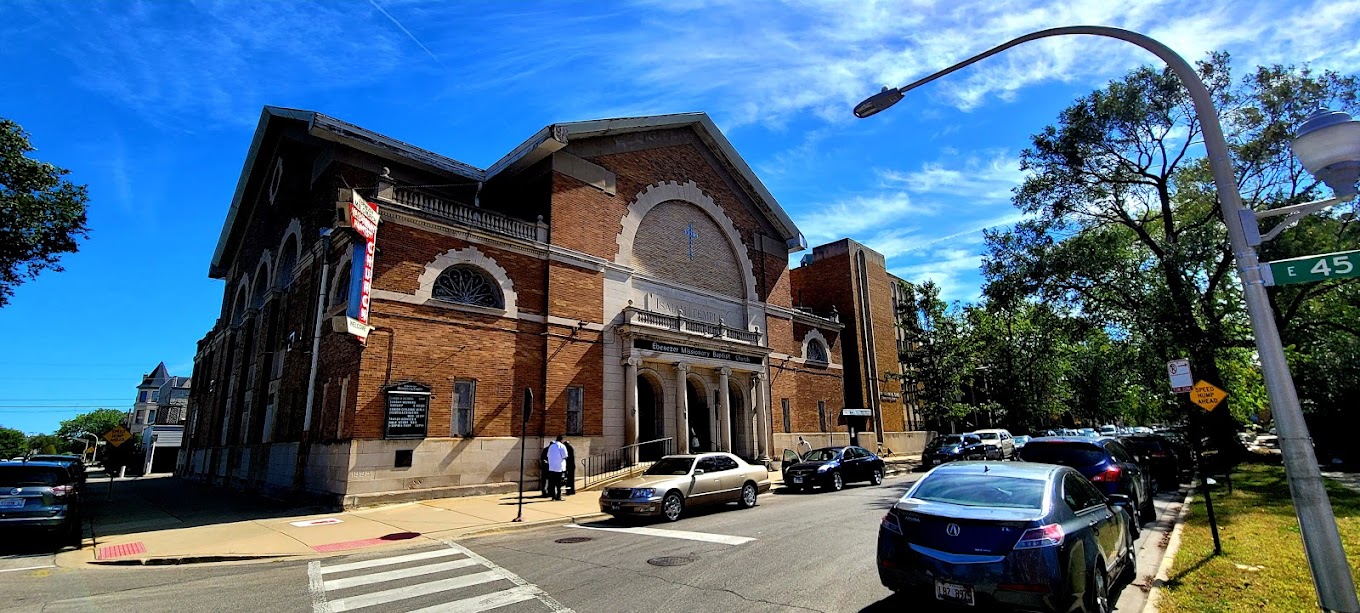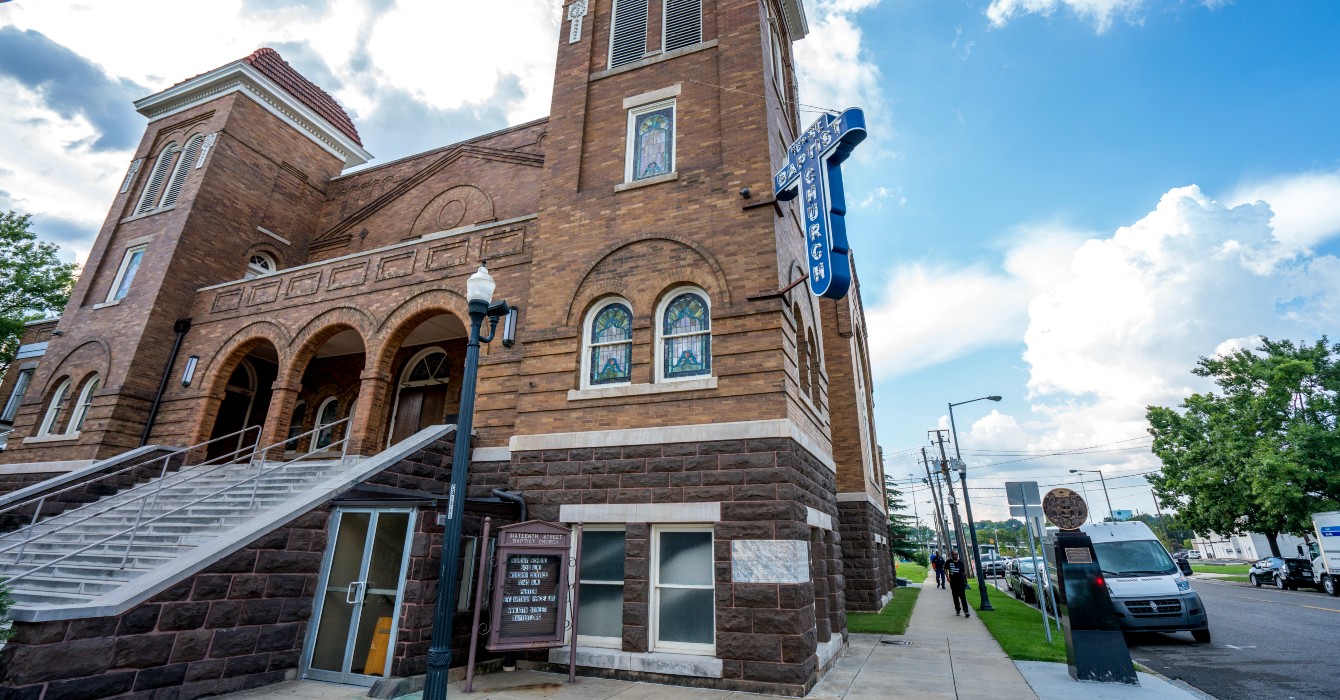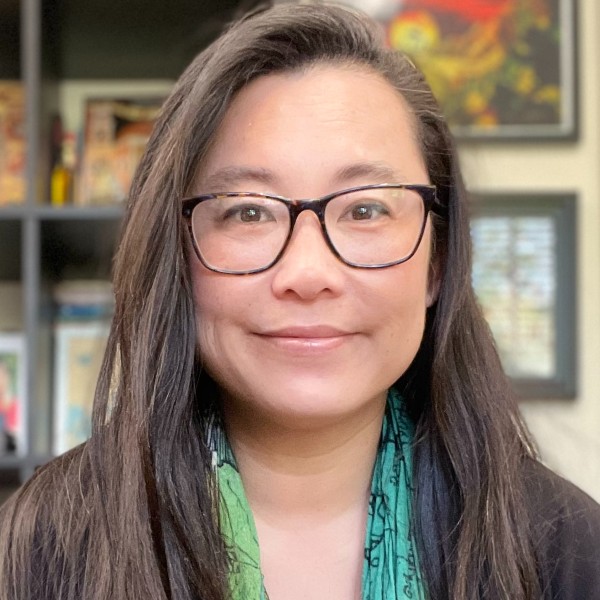When an organization announces a request for proposals for an open-application grant program, hopeful candidates comb the details and requirements seeking to align their needs with the program’s criteria. They want their proposals to stand out among the competition, and they want to prove their relevance and awareness of current trends and exemplars.
Applicants often scour the web or draw on their network connections to identify the most renowned experts in the field with whom they will consult if the grant comes through.
Certainly, it looks good to be able to fly in an international celebrity speaker for a packed day of lectures, consultations and interviews. Look at the experts you know and at the resources you have access to!
We see this often in our work with multiple grant programs at Leadership Education. It makes sense. Resources seem scarce. Competition is fierce. Some organizations employ professional grant writers in hopes of increasing their chances of receiving funds.
Logic says the more important the people you can bring into conversations and collaborations, the more likely your project idea is to succeed, thus raising the chances of your proposal’s being funded. That logic model is 100% true -- but not in the way that most people think.
Important conversation partners and collaborators are crucial to a successful project. The problem lies in the perception of “important.”
If you are writing a proposal about Christian social entrepreneurship, of course it would be exciting to fly to California and visit Father Greg Boyle and Homeboy Industries. He and his team are doing amazing work.
If you are interested in learning about thriving campus ministry programs, you might naturally want to visit Mark Elsdon and Erica Liu at Pres House in Wisconsin to see how they have turned the campus ministry model upside down.
If you want to learn more about how to offer care and support to refugees, you might well want to visit John Garland at San Antonio Mennonite Church in Texas, where their model of trauma-informed care is helping immigrants on both sides of our country’s borders.
These are experts in their fields. But they all got there the same way: they started asking questions in their local communities. They listened to the stories of their neighbors, both those in immediate need and those with an abundance of resources, because they knew that everyone has a story to tell and something to offer.
So what if grants were reframed as opportunities to invest (in more ways than financially) in your community and expand your relationships and networks? What if grants were seen as enabling a new or sustaining kind of work, part of which cultivates and nurtures networks and relationships? What if grants were an invitation to think and act locally?
When assembling the resources necessary to put together a grant proposal, instead of planning to take a $10,000 online course on strategy and sustainability with an internationally renowned institution (not joking), ask your local experts.
Who are the people you know who “know stuff”? Who is the person who is quick to say, “You need to meet so-and-so!” If you don’t know who these people are, start by asking people you trust, and then ask the people they trust until you find what you need.
In the meantime, you are developing relationships with every person and organization you interact with along the way, growing your network and your access to additional resources.
Seeing grants as only about money is shortsighted. Of course, budget relief or seed money for new projects is often necessary and always exciting; grants are an opportunity to expand an institution and its leaders’ horizons, to try some experiments and take some risks to see how new or innovative practices might serve the local community. But in most cases, that expansion does not require an airplane. It may not even require a vehicle.
Mike Mather, in his book “Having Nothing, Possessing Everything,” and Jonathan Brooks, in his book “Church Forsaken,” record the way they each turned to the local community and found an abundance of both resources and experts on the hopes, dreams and challenges in the few blocks around the churches they pastor.
Some of the experts came without fancy degrees or worldwide renown. Yet they knew what needed to be done in the community, who was most capable, and even what roadblocks would arise, as well as how those could be overcome.
We have twisted the term “subject matter expert” to stipulate formal education, years of experience and public approval, all the while discounting or totally missing the wealth of local expertise right at our fingertips.
Consider who it was that Jesus spoke to when entering a new community -- a tax collector, a Samaritan woman. These were the people who could convey to him the pulse of the community -- what was actually happening on the ground. These were the people who could tell him who else it was he needed to talk to and meet.
Grants can be amazing opportunities to dream big, try new things and bring interesting people into conversation. The grant process, from application to implementation and evaluation, can be an invitation to learn from experts and at the same time cultivate and nurture community -- which, in turn, can further your organization’s reach and impact.
Consider who it is locally that you need to connect with, so that in your next grant application, you can proudly proclaim, “Look at the experts we know and the resources we have access to!”















